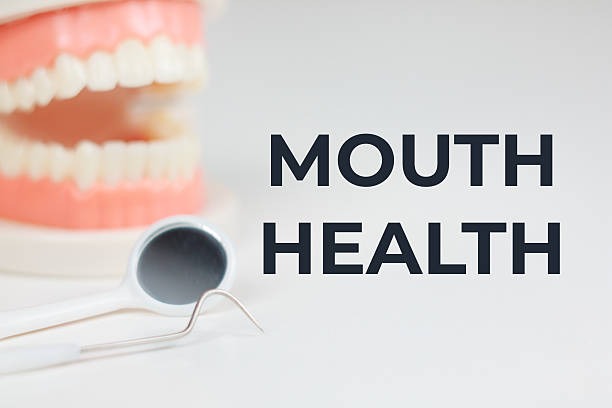When you think about your health, you might not immediately consider your teeth as a potential indicator of problems elsewhere in your body. However, your oral health is more connected to your overall well-being than you may realise. Dentists and doctors alike have increasingly recognised the mouth as a “window” to your body’s health. If you’re experiencing dental issues, your teeth might be trying to tell you something important.
Gum Disease and Heart Health
One of the clearest links between oral health and general health is the connection between gum disease and cardiovascular conditions. Gum disease, particularly in its advanced stages (periodontitis), is caused by bacteria that can enter your bloodstream. This can lead to inflammation in blood vessels and may increase the risk of heart disease and stroke. If your gums are swollen, bleed easily, or you suffer from chronic bad breath, these could be warning signs not only of gum disease but of larger cardiovascular concerns.
Tooth Wear and Stress
Worn-down or cracked teeth can be more than just a cosmetic issue. Many people grind their teeth unconsciously, especially during sleep. Known as bruxism, this condition is often triggered by stress or anxiety. If your teeth are becoming flat at the edges or if you wake up with a sore jaw, it might be time to evaluate your stress levels. Left untreated, bruxism can lead to significant dental damage and even temporomandibular joint disorders (TMJ).
Tooth Discolouration and Lifestyle Habits
Discoloured teeth might reflect more than your coffee or red wine habits. For example, a grey or brown tinge could suggest a previous injury to the tooth or even a dead nerve. Yellowing might indicate enamel erosion, which is often caused by acidic foods, stomach acid reflux, or poor oral hygiene. If you’re noticing changes in the colour of your teeth, it’s worth considering both your dietary choices and any underlying digestive issues that could be contributing.
Crooked or Crowded Teeth and Jaw Development
Alignment issues aren’t just about appearance. Misaligned teeth can signal problems with jaw development or past habits such as thumb-sucking, mouth breathing, or even undiagnosed sleep apnoea in childhood. In adults, shifting teeth might suggest bone loss or other systemic issues. Fortunately, treatments like clear aligners can help correct alignment problems discreetly and effectively. If you’re looking for a modern and minimally invasive solution, an experienced orthodontist Brighton and Hove can help assess your needs and offer tailored options.
Mouth Sores and Nutritional Deficiencies
Frequent mouth ulcers or sores that don’t heal quickly could indicate more than just irritation. They can be a sign of a vitamin B12, iron, or folic acid deficiency. In some cases, persistent sores might even be an early symptom of autoimmune disorders like lupus or coeliac disease. If you’re dealing with frequent mouth issues, a simple blood test and dietary adjustment might resolve more than just the pain.
Dry Mouth and Medication Side Effects
A dry mouth may seem like a minor inconvenience, but it can be a signal that something is off. Many medications, including those for depression, allergies, and high blood pressure, list dry mouth as a side effect. Saliva plays a vital role in keeping your mouth clean and reducing cavity-causing bacteria, so persistent dryness can lead to a cascade of oral health issues. Speak with your dentist or doctor if you suspect your medication is affecting your oral health.
Listen to What Your Mouth Is Telling You
Your mouth is full of messages about your overall health. Paying attention to signs like bleeding gums, tooth wear, discolouration, and ulcers can help you catch systemic problems early. Regular dental check-ups, alongside a healthy lifestyle and proactive care, can help ensure your teeth and body remain in good shape for years to come.


